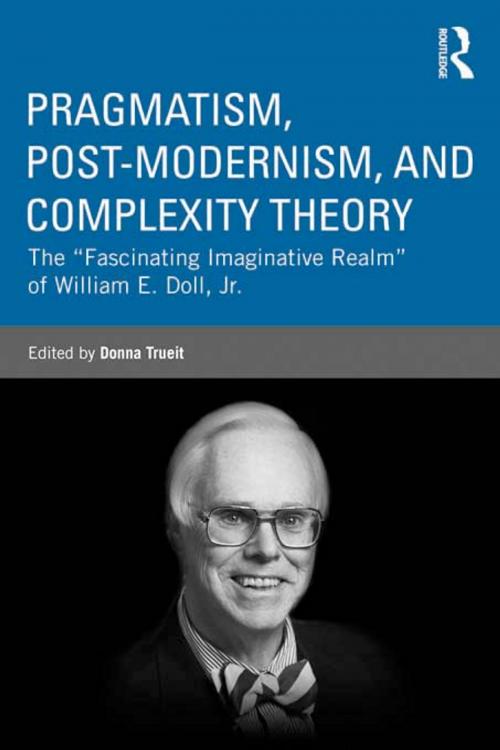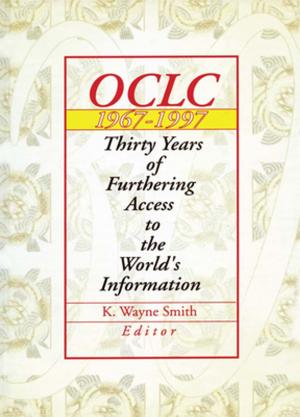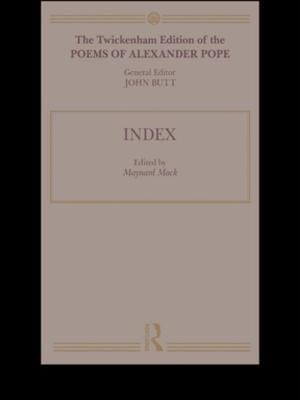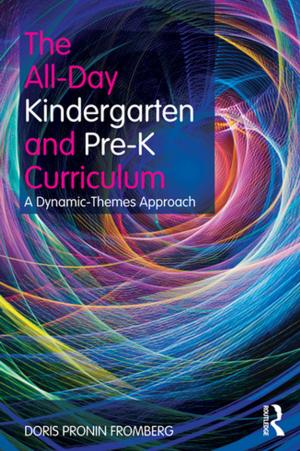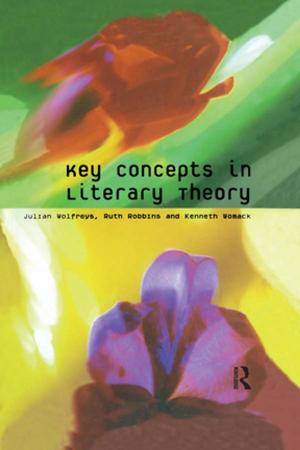Pragmatism, Post-modernism, and Complexity Theory
The "Fascinating Imaginative Realm" of William E. Doll, Jr.
Nonfiction, Reference & Language, Education & Teaching, Educational Theory, Curricula, Aims & Objectives| Author: | ISBN: | 9781136493348 | |
| Publisher: | Taylor and Francis | Publication: | August 21, 2012 |
| Imprint: | Routledge | Language: | English |
| Author: | |
| ISBN: | 9781136493348 |
| Publisher: | Taylor and Francis |
| Publication: | August 21, 2012 |
| Imprint: | Routledge |
| Language: | English |
The first collection of the key works of the major curriculum studies scholar William E. Doll, Jr., this volume provides an overview of his scholarship over his fifty-year career and documents the theoretical and practical contribution he has made to the field . The book is organized in five thematic sections: Personal Reflections; Dewey, Piaget, Bruner, Whitehead: Process And Transformation; Modern/Post-Modern: Structures, Forms and Organization; Complexity Thinking; and Reflections on Teaching .
The complicated intellectual trajectory through pragmatism, postmodernism and complexity theory not only testifies to Doll’s individual lifetime works but is also intimately related to the landscape of education to which he has made an important contribution. Of interest to curriculum scholars around the world, the book will hold special significance for graduate students and junior scholars who came of the age in the field Doll helped create: one crafted by postmodernism and, more recently, complexity theory.
The first collection of the key works of the major curriculum studies scholar William E. Doll, Jr., this volume provides an overview of his scholarship over his fifty-year career and documents the theoretical and practical contribution he has made to the field . The book is organized in five thematic sections: Personal Reflections; Dewey, Piaget, Bruner, Whitehead: Process And Transformation; Modern/Post-Modern: Structures, Forms and Organization; Complexity Thinking; and Reflections on Teaching .
The complicated intellectual trajectory through pragmatism, postmodernism and complexity theory not only testifies to Doll’s individual lifetime works but is also intimately related to the landscape of education to which he has made an important contribution. Of interest to curriculum scholars around the world, the book will hold special significance for graduate students and junior scholars who came of the age in the field Doll helped create: one crafted by postmodernism and, more recently, complexity theory.
